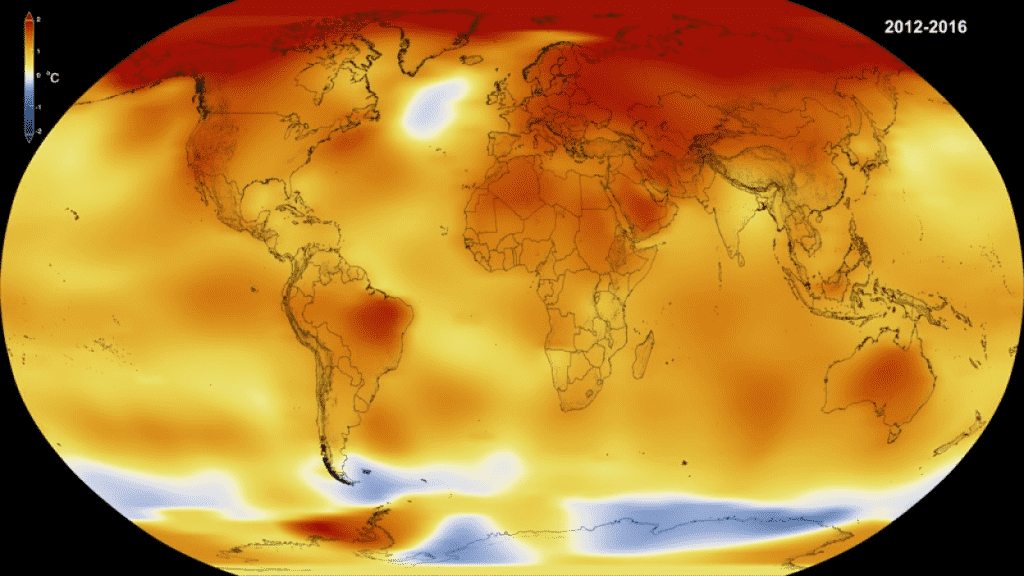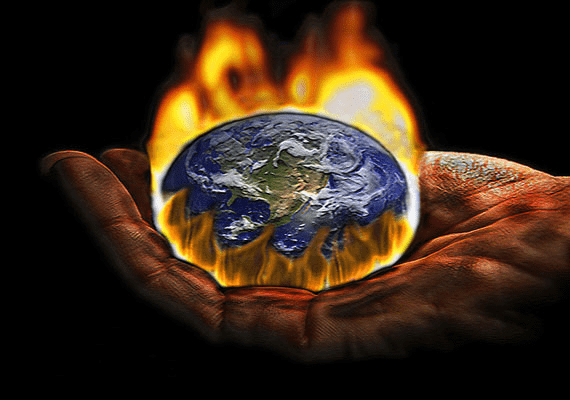Climate change has become a living nightmare for us, and our next generations are on the verge of collapsing if timely measures have not been taken. Recently, a study has been published in the journal Communications Earth and Environment that has revealed some horrible details about what our planet might be facing in the coming decades. It has been reported that the rising heat index in many parts of the world is alarming and is posing an imminent threat to the habitable zones.

The situation is going out of hand and you can analyze it from the fact that even if we start taking some climate control measures and reducing the temperature by 2 degrees centigrade above pre-industrial levels then despite all these efforts, regions like India, the Arabian Sea, and sub-Saharan Africa will still face extremely dangerous heat waves by the year 2100. To make matters worse, it has been revealed in the study that the regions which fall in the mid-latitudes of the world would be more exposed to experiencing intense heat waves.
Coupled with this, there will be a whopping 16 times increase in the heat waves in Chicago city of United States. This is alarming, isn’t it? Not only this, there will also be a substantial increase in the number of deaths in the coming decades as human bodies are not habitual of experiencing temperatures above 51 degrees centigrade. Researchers said, “Extremely dangerous heat stress will be a regular feature of the climate in sub-Saharan Africa, parts of the Arabian Peninsula, and much of the Indian subcontinent”.

Along with heat stress, an increase in the levels of humidity has made the situation more disturbing. As per recent studies, it has been found that humidity at 93 degrees centigrade is somewhat survivable by human beings along with intense heat but when it reaches 100 degrees centigrade (200 degrees Fahrenheit), it will then become intolerable. Even healthy adults will not survive at 100% humidity level and above 31 degrees centigrade temperature.

Researchers stated, “It is likely that, without major emissions reductions, large portions of the global tropics and subtropics would experience Heat Index levels higher than considered ‘dangerous’ for a majority of the year by the end of the century. Without adaptation measures, this would greatly increase the incidence of heat-related illnesses and reduce outdoor working capacity in many regions where subsistence farming is important.”
Hence, there is a need to do something together if we want our future generations to survive, otherwise, nothing can beat the power of nature and we have to prepare ourselves for the upcoming climate disaster accordingly.


